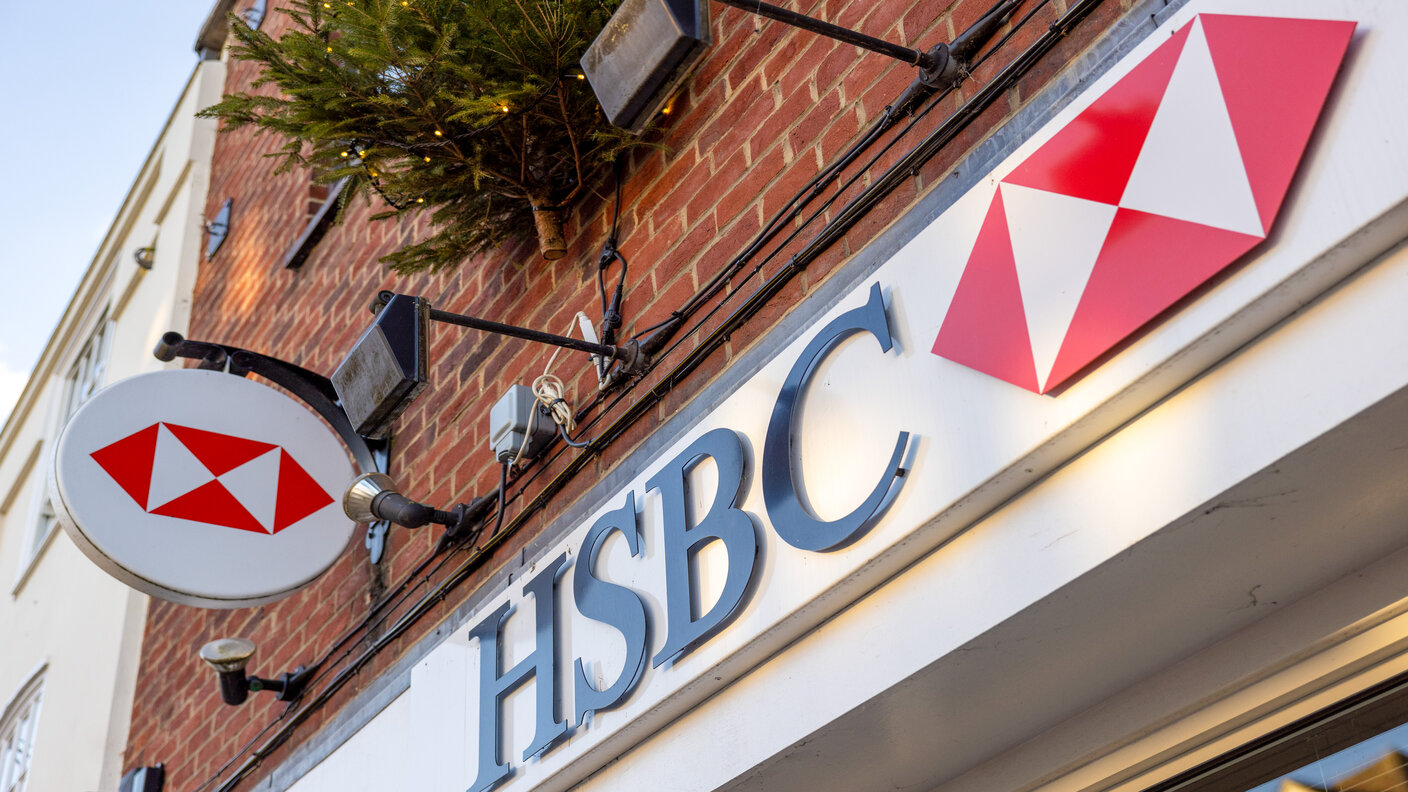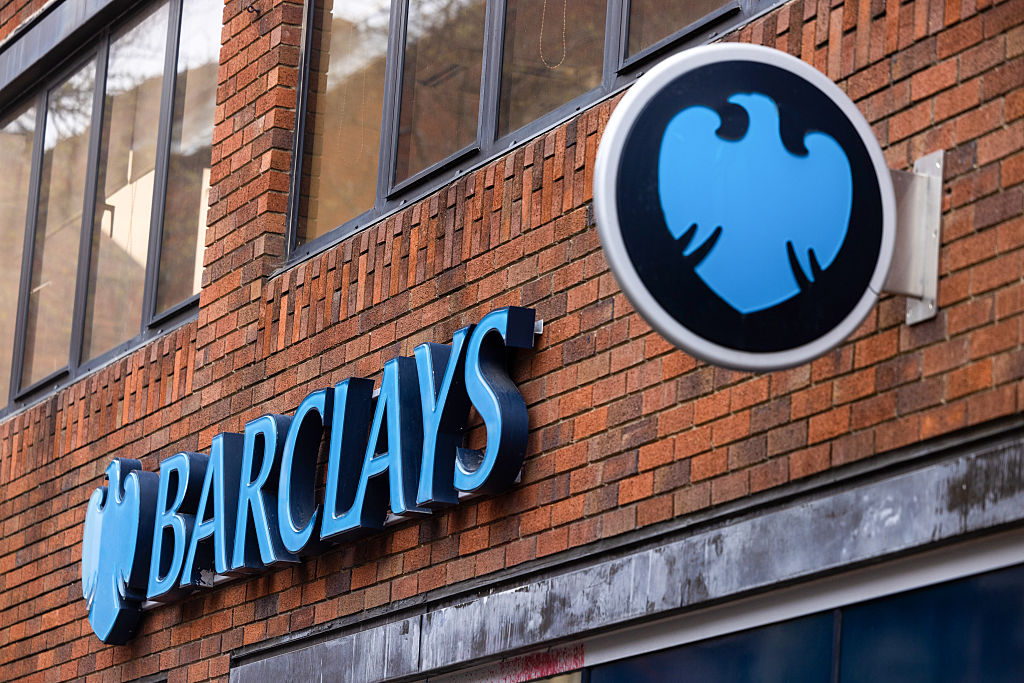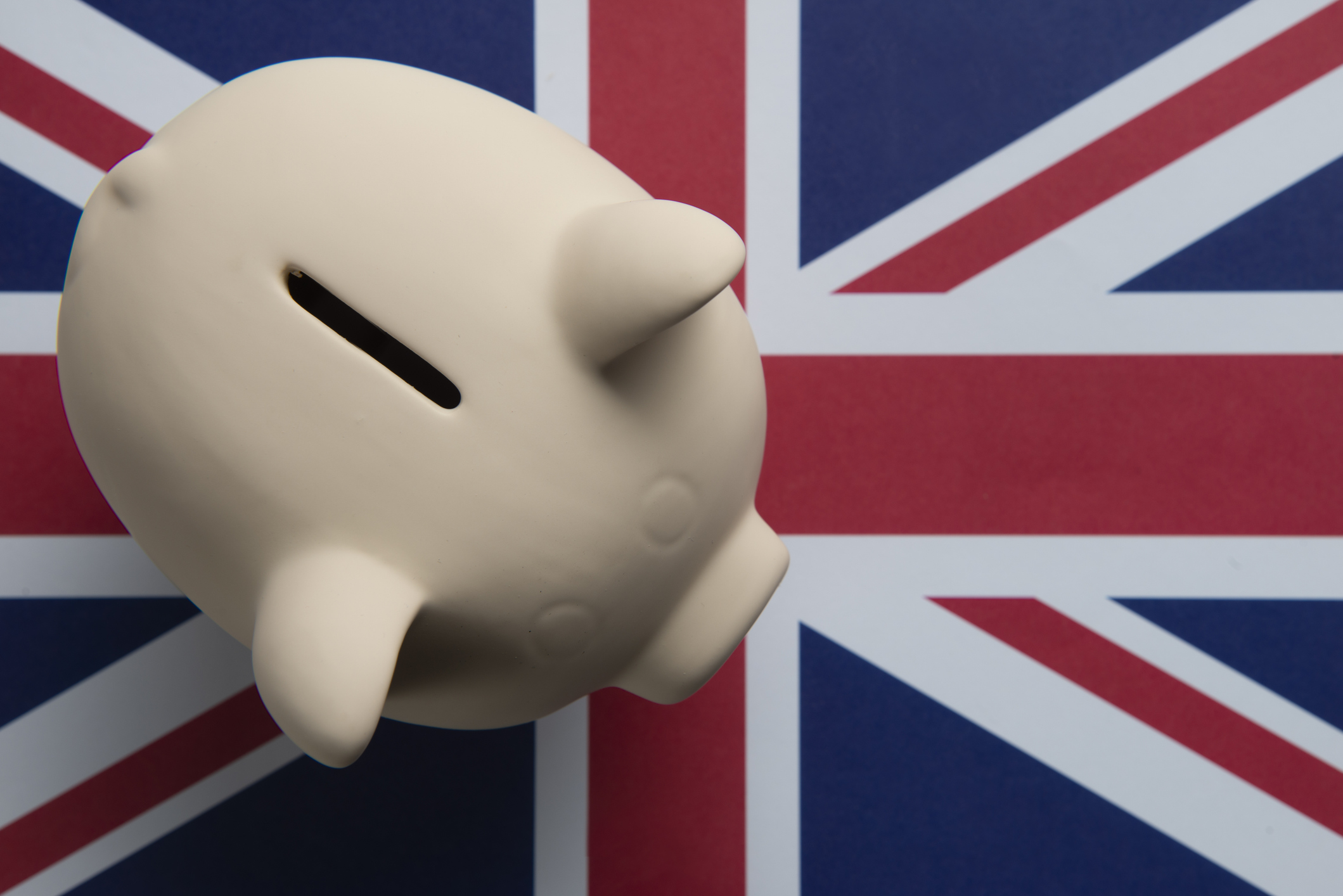HSBC launches 3.99% fixed-rate mortgage
Mortgage rates have remained elevated since the mini-Budget, but could this latest offering from HSBC be a sign of lower rates to come?


Get the latest financial news, insights and expert analysis from our award-winning MoneyWeek team, to help you understand what really matters when it comes to your finances.
You are now subscribed
Your newsletter sign-up was successful
Want to add more newsletters?
HSBC has launched a five year fixed-rate mortgage with a rate of 3.99% – the first product to offer a rate lower than the Bank of England’s base rate since the mini-Budget in September.
Mortgage rates hit a peak of 6.65% in September, and though they have since begun to fall they remain a far cry from the 2% rates we saw at the end of 2021.
The average two-year fixed rate mortgage is currently 5.43% while the average five-year fixed rate deal sits at 5.15%, according to analyst Moneyfacts.
Try 6 free issues of MoneyWeek today
Get unparalleled financial insight, analysis and expert opinion you can profit from.

Sign up to Money Morning
Don't miss the latest investment and personal finances news, market analysis, plus money-saving tips with our free twice-daily newsletter
Don't miss the latest investment and personal finances news, market analysis, plus money-saving tips with our free twice-daily newsletter
The increased rates are partly due to the Bank of England’s series of rate rises. On 2 February it raised the base rate to 4%, marking its tenth consecutive increase. Increased rates have contributed to the property market’s slowdown.
Indeed, mortgage borrowing fell by £1bn between November and December as buyers questioned whether now was a good time to buy a house.
So, the news of a 3.99% product will be welcome by buyers struggling with higher mortgage repayments on top of rising energy bills and the cost of living crisis.
Here’s what you need to know about HSBC’s latest product.
How does HSBC’s 3.99% fixed mortgage deal work?
HSBC is offering a rate of 3.99% on a five-year fixed rate mortgage. It comes with a fee of £999, and customers will need a 40% deposit.
It’s only available to customers who are remortgaging, meaning first time buyers can’t take advantage of the rate.
The good news is HSBC is likely to be the first of a few providers to offer better rates. Lenders including Santander, Barclays, Halifax, Nationwide and Virgin Money have all made cuts to their mortgage rates as they try to draw buyers back in.
Additionally most lenders have priced in the BoE’s expected rate rises, meaning the rates on their products are unlikely to change much.
There are also some things to consider when fixing your mortgage. Inflation is expected to have peaked, and the base rate isn’t expected to climb above 4.5%. This could see mortgage rates drop further, resulting in better deals down the line.
It’s why some homeowners are opting for tracker mortgages instead. These products track the base-rate, and because they are not fixed offer the opportunity to switch whenever a more appealing product comes out.
But uncertainty around property prices and mortgage rates looks set to remain, especially as the cost of living crisis continues to impact household budgets, so it’s important to consider your individual circumstances before making any decisions.
Get the latest financial news, insights and expert analysis from our award-winning MoneyWeek team, to help you understand what really matters when it comes to your finances.
Nic studied for a BA in journalism at Cardiff University, and has an MA in magazine journalism from City University. She has previously worked for MoneyWeek.
-
 Do you face ‘double whammy’ inheritance tax blow? How to lessen the impact
Do you face ‘double whammy’ inheritance tax blow? How to lessen the impactFrozen tax thresholds and pensions falling within the scope of inheritance tax will drag thousands more estates into losing their residence nil-rate band, analysis suggests
-
 Has the market misjudged Relx?
Has the market misjudged Relx?Relx shares fell on fears that AI was about to eat its lunch, but the firm remains well placed to thrive
-
 Nationwide promises to protect all its branches from closures until at least 2030
Nationwide promises to protect all its branches from closures until at least 2030The building society has extended its pledge to keep all high street Nationwide and Virgin Money branches open, now until at least 2030.
-
 Brits leave £31.6 billion in savings accounts paying 1% interest or less – do you need to switch?
Brits leave £31.6 billion in savings accounts paying 1% interest or less – do you need to switch?Eight million Brits hold money in savings accounts that pay 1% interest or less, meaning the value of their cash is being eroded by inflation.
-
 Buying vs renting: is is better to own or rent your home?
Buying vs renting: is is better to own or rent your home?The higher mortgage rates of recent years have actually made renting comparatively cheaper, analysis suggests. But there are hidden costs to long term renting.
-
 Barclays bank switch: how to get £400 'free' cash by moving accounts
Barclays bank switch: how to get £400 'free' cash by moving accountsBarclays has unveiled a £400 current account switching offer, running alongside its £500 ISA transfer deal. Which accounts are on offer, and are you eligible?
-
 Hargreaves Lansdown launches first cash ISA – how does it compare?
Hargreaves Lansdown launches first cash ISA – how does it compare?Hargreaves Lansdown is offering an own brand cash ISA for the first time with their new easy-access account. How does the interest rate compare to other products?
-
 Is Britain heading for a big debt crisis?
Is Britain heading for a big debt crisis?Opinion Things are not yet as bad as some reports have claimed. But they sure aren’t rosy either, says Julian Jessop
-
 Green mortgages: how do they work and how much can you save?
Green mortgages: how do they work and how much can you save?Most high-street lenders now offer some kind of green mortgage deal. We look at who’s eligible, how to apply and the mortgage rates and cashback on offer
-
 ‘My NS&I one-year British Savings Bond is maturing – what should I do with my savings?
‘My NS&I one-year British Savings Bond is maturing – what should I do with my savings?Thousands of savers will see their fixed-rate savings accounts mature next month. We consider whether you should stick with NS&I or move to a competitor
